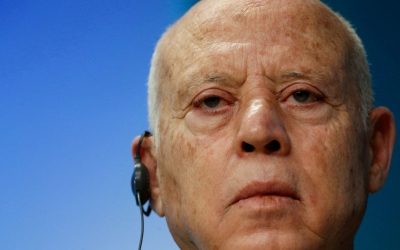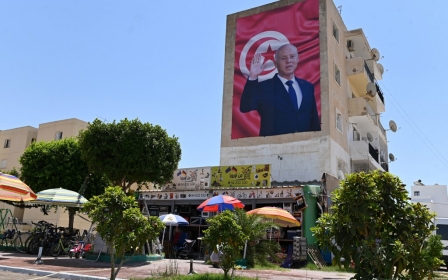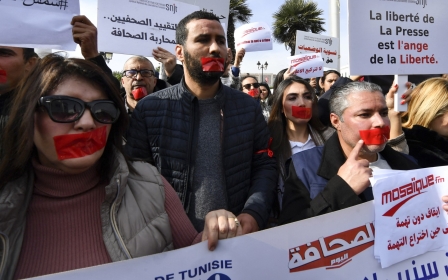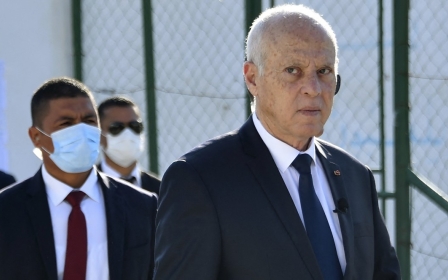Tunisia: Senior Ennahda figure hospitalised following prison hunger strike
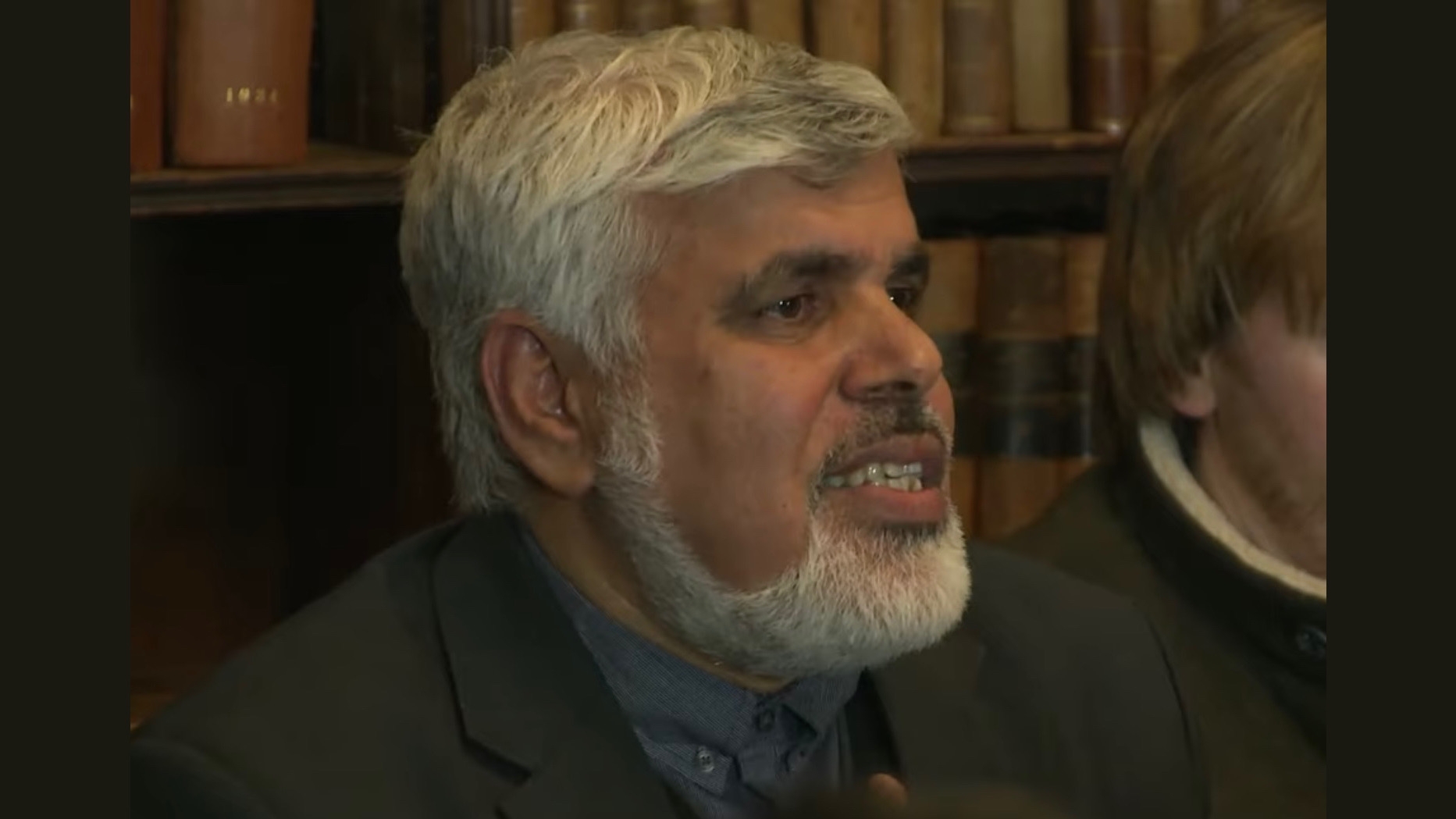
A senior figure from Tunisia’s Ennahda party was taken to hospital after going on a hunger strike in protest against his imprisonment, his family has said.
Said Ferjani was detained in the capital Tunis on Monday, with no indication of when the 68-year-old will be released, his daughter, Kaouther, said on social media.
Kaouther Ferjani said her father was hospitalised on Wednesday night, hours after announcing he was going on hunger strike to protest against the court's decision to send him to prison without charging him.
She said doctors have advised Ferjani to end his hunger strike but he has refused.
"During today’s interrogation, the prosecution were convinced of his answers but the judge was clearly pressured into sending him to prison while they search for more ‘evidence’," Kaouther Ferjani wrote on Twitter.
New MEE newsletter: Jerusalem Dispatch
Sign up to get the latest insights and analysis on Israel-Palestine, alongside Turkey Unpacked and other MEE newsletters
She added that her father had been questioned in relation to the "Instalingo case", despite not being named as one of the defendants currently being investigated.
Instalingo is a media company based in Tunis that has been under investigation by Tunisian authorities. A number of company employees have been detained on accusations of committing "a dangerous act against the head of state".
The company has denied links to the Ennahda party and said the case against them has been "completely politicised" by President Kais Saied.
"My father sent a clear message: 'They are trying to demolish me but they will never break me'," Kaouther Ferjani said.
'Fabricated case'
Former minister Sayida Ounissi described Ferjani as a "political prisoner" and said he was imprisoned because Saied's supporters have called for it on Facebook.
"Ennahda strongly condemns this new targeting in a fabricated case and reaffirms that its leaders have no relationship whatsoever with the company Installingo [sic]," Ennahda President Rachid Ghannouchi said in a statement.
"The arrest of Said Ferjani is a continuation of the policy of harassment and persecution of political opponents to cover up the paralysis and abject failure of the coup authority in the priority of economic, social, and daily living issues."
Ferjani's family said that he has no connection to Instalingo and that the court found no credible links between him and the network.
Ferjani's detention comes as Saied ramps up his targeting of political opponents and critics.
More than a dozen opposition figures have been arrested in recent weeks, including two judges, politicians, journalists, activists, businessmen, the head of a leading independent radio station, and a senior UGTT labour federation official.
The US State Department has said it is "deeply concerned" by the string of arrests, while the UN Human Rights Office has called for their immediate release.
Earlier this week, Saied, who seized control of the judiciary last year, said that those arrested were "terrorists" who had "plotted against state security".
On Wednesday he threatened judges handling the cases, saying "anyone who dares to acquit [those arrested] is their accomplice".
In 2021, a leaked document obtained by Middle East Eye outlined how Saied planned to seize control of Tunisia in a bloodless coup.
The document stated that Ferjani would be among several political figures placed under house arrest to help Saied take control of the country.
Ferjani, a longtime member of the Ennahda party, was previously arrested by the late dictator Zine El Abedine Ben Ali in 1987.
He spent 18 months in prison, where interrogators reportedly broke his back and fractured his vertebra with an iron rod.
But after a popular revolution ousted Ben Ali from power in 2011, Ferjani returned to Tunisia from exile in London and was elected as an MP for Ennahda, serving as a party adviser.
Tunisia has been engulfed in political and economic crises since July 2021, when Saied unilaterally suspended parliament and dissolved the government in what has been dubbed a "constitutional coup".
He subsequently ruled by decree, before pushing through a new constitution that enshrined his one-man rule.
Middle East Eye delivers independent and unrivalled coverage and analysis of the Middle East, North Africa and beyond. To learn more about republishing this content and the associated fees, please fill out this form. More about MEE can be found here.


